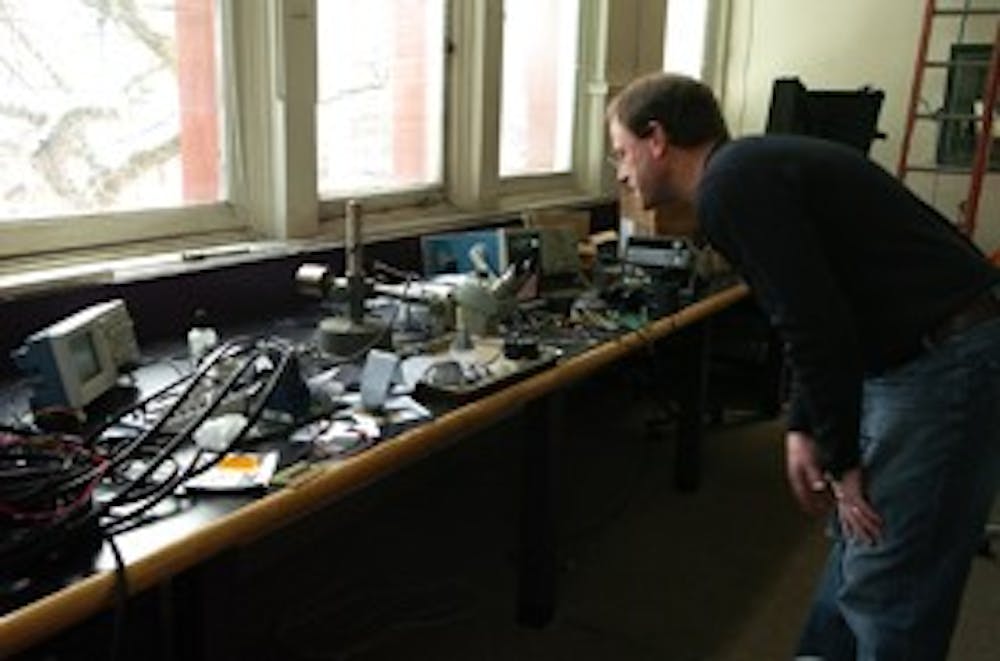Those who are mesmerized by the 3D cinematic experience of Avatar may wonder whether the technology used in the film is a possibility or merely a Hollywood creation.
In the film — set far in the future — humans use a high-tech interface that allows them to switch consciousness with moving aliens, called the Na’avi. While transferring consciousness, the humans also simultaneously manipulate and experience the Na’avi’s movements, speech, sensations and emotions.
Brian Litt, a professor in the School of Medicine and the School of Engineering and Applied Science, works on brain-computer interface research, specifically focusing on devices that treat neurological diseases such as epilepsy. He was the major expert for a CNN article about Avatar earlier this month.
Litt collaborates with a team of Penn professors from varying disciplines, including neuroscience and computer science. Although his research does not focus on consciousness, he deals with similar ideas of brain-computer mechanisms.
“This is a hot field” that is in its “infancy,” Litt said.
The impetus for such research initially grew out of the desire to create control devices for paralyzed individuals. Since then, wheel chairs, robotic arms and other mechanisms have been designed to communicate through computers, Litt explained.
Even so, he added, the kind of technology shown in Avatar is currently “not possible.”
“There are tremendous technical challenges, but we are taking baby steps” Litt said. “We are doing things which are leading in the direction of making technologies that really meld brain function to computer devices. It is pretty exciting.”
These challenges include lacking current scientific knowledge of the brain.
“We need to have a knowledge of how these things function in the human brain and we are still figuring that out,” he said.
Litt teaches a graduate course, open to both graduate and undergraduate students, on brain-computer interfaces.
“I would be interested in taking Litt’s class,” said Nechemya Kagedan, a senior in Engineering and Wharton. “It sounds really fascinating.”
Kagedan said he thinks the Avatar technology is “definently” possible “sometime soon”.
“I don’t see why they couldn’t make a machine that could transfer your neural impulses into a computer,” he added.
“I saw the movie and I didn’t think the consciousness switching was so plausible, but I went because I heard the 3D graphics were amazing,” said Sarabeth Zielonka, a College sophomore.
“Professor Litt’s research is important and interesting, but I find research in consciousness switching less so,” Zielonka added.



